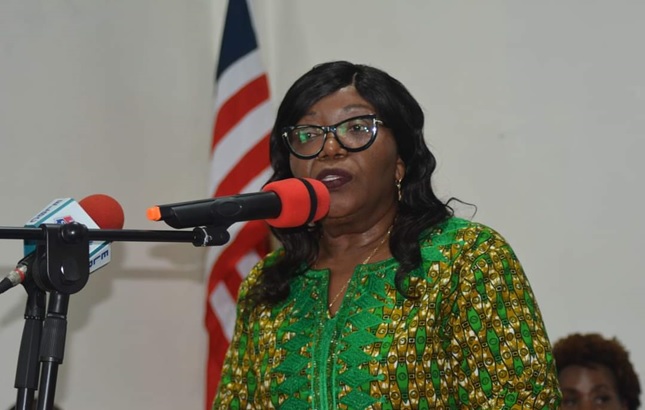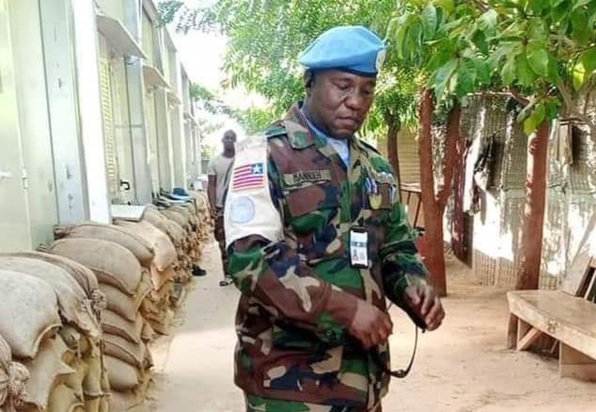MONROVIA, LIBERIA – Deputy Minister for Budget and Development Planning, Hon. Tanneh G. Brunson, emphasized the importance of achieving sustainable development, addressing key challenges, and maximizing available resources during the implementation of the ARREST Agenda. She made these remarks at the Ministry of Information, Culture Affairs and Tourism’s regular press briefing on Thursday, May 30, 2024.
Hon. Brunson announced that the forthcoming National Development Plan (NDP) will serve as a guiding document for the government’s actions, providing a framework for coordination among various institutions and stakeholders across the country. She noted that the preparation of the plan involves a multi-stakeholder approach, encompassing extensive consultations with groups such as civil society organizations, private sector representatives, government institutions, youth and women organizations, religious institutions, academia, and the physically challenged community.
The National Development Plan will be crafted alongside corresponding County Development Agendas (CDAs) and the Public Sector Development Plan (PSIP). These documents will be guided by the 1986 Constitution and will incorporate priorities outlined in the Unity Party’s manifesto, as well as global and regional development frameworks such as the Sustainable Development Goals (SDGs) and Africa Agenda 2063.
“The government remains committed to consistency in the quest to realize the aspirations of the national vision 2023, building upon the gains made in key sectors, utilizing key development reports and data from development partners,” Brunson added. She emphasized that consultation at sub-national levels and the inclusion of stakeholders’ views at district and county levels will be integral to the NDP, CDA, and PSIP.
Background and Structure of the National Development Plan
Assistant Minister for Development Planning, Hon. J. Wellington Barchue, provided background on the NDP, stating that it includes six building blocks: Economic Prosperity, Social and Demographic Harmony, Democracy, Environmental Sustainability, Cultural Vibrancy, and Technological Innovation. The ARREST Agenda for Inclusive Development will focus on integrated sector-based approaches, including Agriculture, Roads, Rule of Law, Education, Sanitation/Health, and Tourism.
The planning process will involve identifying stakeholders from civil society organizations, private sector representatives, government institutions, youth and women organizations, religious institutions, academia, and the physically challenged community. Barchue announced that the official launch of the consultation process is scheduled for June 17-24, 2024. This process will include consultations across sixty-two districts, fifteen counties, eleven sectors, and fifteen county validations.
Support from Development Partners
United Nations Resident Coordinator to Liberia, Mrs. Christine Umutoni, representing development partners, reiterated the United Nations’ commitment to Liberia’s development across all sectors. She commended the Government of Liberia for establishing the National Steering Committee, which will guide the implementation of the NDP. Umutoni, who co-chairs the committee recently appointed by the President, assured Liberians that the United Nations remains a reliable and credible partner to the government.
The National Development Plan seeks to address the challenges facing the people of Liberia through effective resource allocation and collaboration. The involvement of diverse stakeholders and the integration of comprehensive development frameworks are key to achieving the sustainable development goals outlined in the ARREST Agenda.







